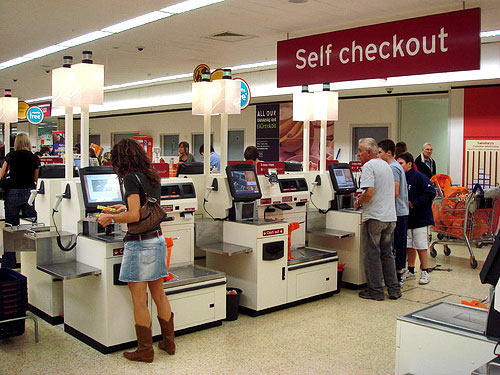Flipkart has launched its own
payment gateway, Yep that’s the hot news as of now!! It has launched its
payment gateway services in the name of PAYZIPPY and you can visit their
website @ www.payzippy.com. The company
has offered competitive rates compared to CC avenue, which holds almost 80% +
merchants online.
The MDR % for credit card of payzippy
are as follows
Credit Card Pricing
|
Monthly Transaction Value
|
Standard Pricing
|
Promotional Pricing*
|
|
Rs. 0-5 lakhs
|
3.5%
|
|
|
Rs. 5-10 lakhs
|
3.25%
|
|
|
Rs. 10-25 lakhs
|
3%
|
|
|
Rs. 25-100 lakhs
|
2.5%
|
|
|
Rs. 1 Cr +
|
Contact us for a custom quote
|
|
The promotional pricing is for a
term of 6 months after which the MDR% will rollback to standard pricing.
The highlights of PAYZIPPY are
1) PAYZIPPY
does not ask for one time setup cost and its absolutely free.
2) It offers
0.75% MDR on debit cards for transaction amount less than Rs.2000 and 1% MDR on
debit cards for transaction amount above Rs.2000 the lowest (as far as i know)
in MDR% for debit cards.
3) PAYZIPPY
quick checkout. An option for online shoppers to save their used card data (
Not the CVV) to complete the payment process soon.
PAYZIPPY Still need
- Net Banking
- 2 EMI OPTIONS
- Recurring payments
- Foreign card acceptance.
And they are working on it as
well. And they claim to have tested the fraud prevention mechanism of PAYZIPPY
at flipkart. And flipkart is to use PAYZIPPY and both will operate as
individual entities. They aim at bringing 2000 merchants onboard by 2014.
The risk of the business stands
at handling chargeback and refunds and transaction success ratio, Let us wait
and see on how flipkart, sorry PAYZIPPY handles payment industry.









